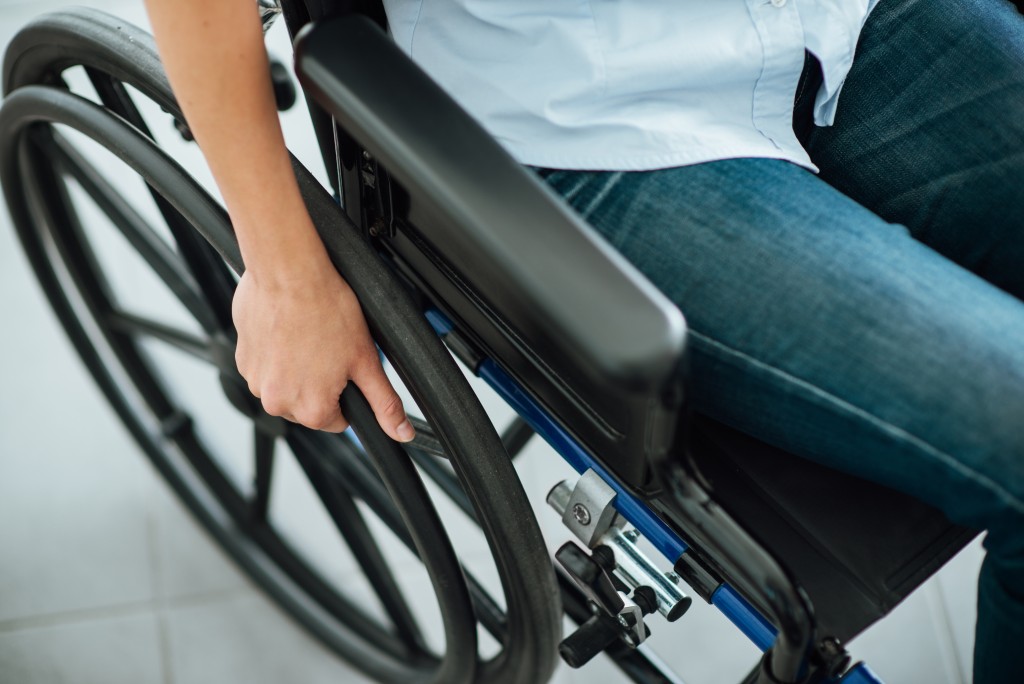For many, the hardest part of coping with a new disability is coming back to work. It’s a challenge, regardless if it’s going back to your old workplace or seeking a new profession that suits your altered physical abilities.
To ease yourself to your new circumstance, you can apply for social security disability benefits. Know the possible scope of your disability benefits from lawyers in Utah. By receiving regular cash dividends and medical care coverage, you can bounce back to your routine in no time. Here’s what else you can do to recover a respectable professional stance:
Consult a counselor
Before re-engaging with anyone in the professional environment, you have to take every measure to ensure you are physically and mentally able to.
This is where rehabilitation therapies like occupational therapy, neuropsychology, and counseling come into play. Aside from regaining your most basic physical faculties, you need to recover the ability to live independently as soon as possible. The best part, however, is the hope that these community-driven therapies bring to the disabled.
Turn to your family for a support system
Family recovery is also an active measure you can take to get back to your feet immediately. After experiencing life-altering events, the people closest to you can act as your outlet in processing your imminent post-traumatic stress disorder.
They help you come to terms with your new circumstances by forming new routines around your new abilities. They are also your primary support group, so you can practice social interactions without pretense or judgment.
Revise your resume for clarity
Once you’re emotionally psychologically adjusted, it’s time to post your resume for open positions.
The question is, do you allude to your disability and risk possibly getting discriminated against? The answer is a resounding no for a couple of reasons. Yes, disclosing your disability is an apparent basis for disqualification. A better recourse is to have them see what you can do firsthand despite it. After all, you’re not obliged to mention it anyway.
Maximize your accommodations
As you start to build rapport, don’t forget to ask your manager about disability benefits so that you can make the most of what you’re entitled to. This includes being granted a modified work station to fit your condition.
Will this adversely affect your eligibility for social security disability benefits? It depends on how much the disability affects your work. In such cases, the Social Security Administration puts the person under a trial period to determine necessary adjustments to their benefits.
Stay up to speed with colleagues

Never be afraid to interact, volunteer, and rechallenge yourself within the workspace. Take up leadership roles and build synergy with other departments.
While dedication towards work is the goal, take every opportunity to participate in social gatherings. Build relationships and seek new acquaintances. It befalls every business to create an environment that is conducive to such, so make the most out of it.
Keep in touch with your doctor
It might be months since you applied for your job, but don’t forget to keep close contact with your doctor. Aside from assuring complete rehabilitation from your disability, you will have to keep your medical records complete and up-to-date for the sake of accuracy when discussing your disability benefits. Charting your progress medically gives the SSA a clearer picture, which can lead to a successful appeal.
You’re never a lesser person for your disability, and your work performance should prove that. So don’t be afraid to get out and get back on track!




